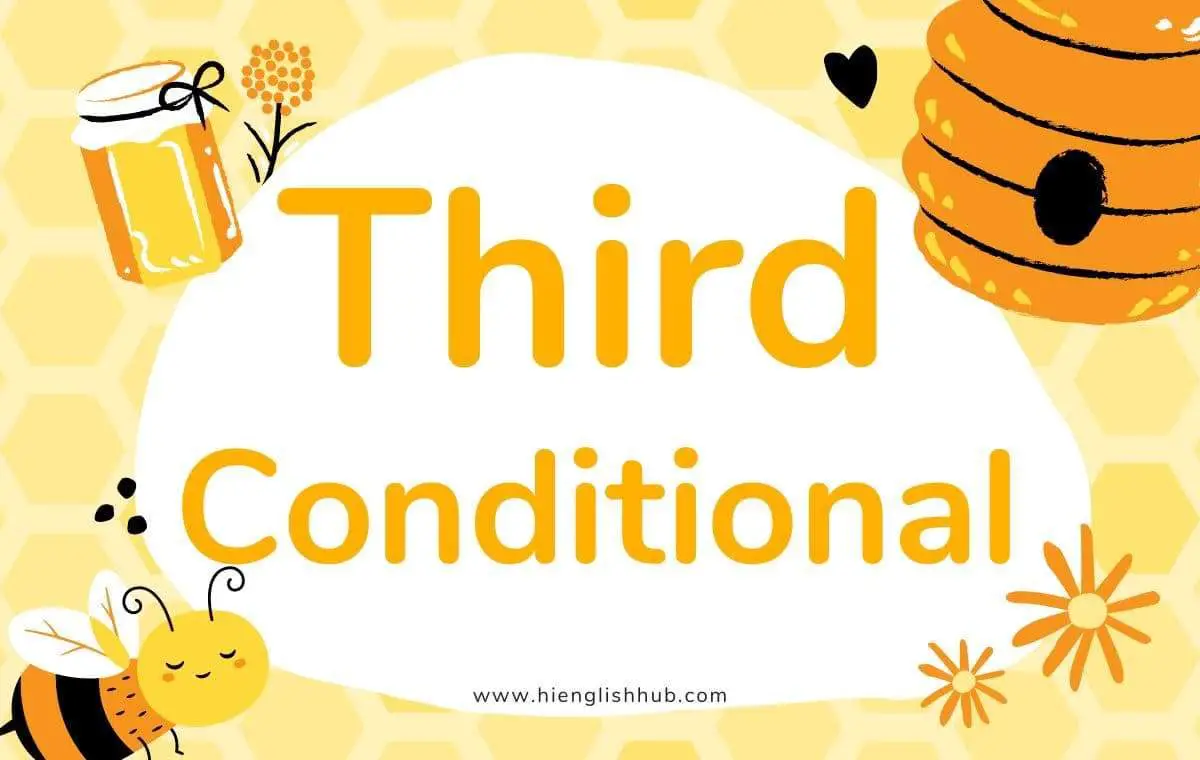Third Conditional Mastery

Learning goals:
By the end of the lesson, students will be able to confidently construct and use third conditional sentences to talk about hypothetical situations and regrets.
Resources: https://docs.google.com/presentation/d/1AkLrbE8c0qtFyyktgJxSeTqhydHd5Rey7bnHbbooqvc/edit?usp=sharing
Learning activities:
Introduction (15 minutes):
Warm-Up Discussion:
Begin the class with a discussion on regrets. Ask students to share something they regret doing or not doing. Encourage them to use the present perfect tense.
Example: “Can you share a regret you have in your life?”
Example Sentence:
Introduce the concept of the third conditional with a clear example:
“If I had known you were coming, I would have baked a cake.”
Explanation and Structure (20 minutes):
Explanation:
Briefly explain the structure of the third conditional: “If + past perfect, would + have + past participle.”
Emphasize that it is used to talk about unreal situations in the past and their hypothetical outcomes.
Form and Examples:
Break down the structure, and provide several examples:
If they had invited me, I would have attended the party.
If she had practiced more, she would have won the competition.
Guided Practice (25 minutes):
Fill in the Blanks Exercise:
Distribute a worksheet with sentences missing the third conditional parts. Have students fill in the blanks individually or in pairs.
Example: “If he _ (study) harder, he _ (pass) the exam.”
Group Role-Playing:
Divide the class into small groups. Assign each group a scenario (missed opportunities, regrets, etc.).
In their groups, students create and perform short dialogues using third conditional sentences.
Error Correction:
Provide sentences with errors in the use of the third conditional. Ask students to identify and correct the mistakes.
Example: “If she would have known, she would help.”
Application and Production (20 minutes):
Discussion and Writing:
Engage students in a class discussion about hypothetical situations and regrets. Encourage them to use third conditional sentences.
Have each student write a short paragraph about a regret or a hypothetical scenario using the third conditional.
Closure (15 minutes):
Review and Feedback:
Summarize key points of the lesson and check for understanding.
Provide feedback on the written paragraphs and correct any recurring errors.
Reflection:
Ask students to reflect on what they’ve learned about the third conditional during the class.
Encourage them to share any challenges they faced and address any lingering questions.
Tips:
Encourage students to use a variety of verbs and vocabulary in their sentences.
Foster a supportive environment where students feel comfortable expressing hypothetical scenarios and regrets.
Adaptaciones curriculares:
None Needed
